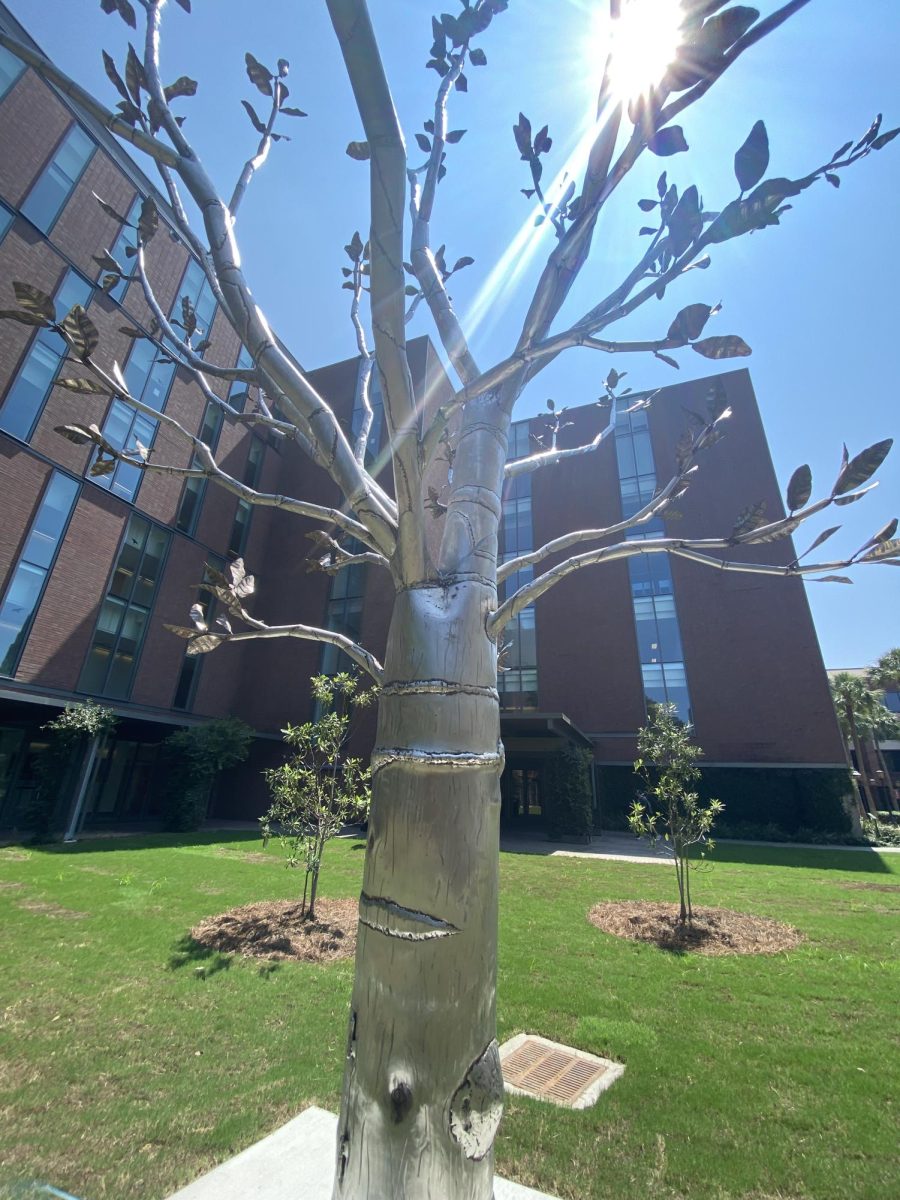It was a typical Tuesday morning in Connecticut for fifth grader Will Hagan. He got dressed, brushed his teeth, ate some breakfast and rode to school for the day. Like many of his classmates, Hagan, now music industry sophomore, sat in homeroom talking to friends while anxiously anticipating the school bell.
Minutes later, Hagan found himself walking through the hallway. Instead of going to class as usual, though, he and about 90 other students went to the auditorium with teachers, some guidance counselors and a therapist.
Unaware of what was going on, Hagan began asking questions. Soon, the principal quieted the crowd and reluctantly informed the students and faculty that the World Trade Center in New York City collapsed.
The crowd of middle-school students all had different reactions. Some believed that the planes that hit the towers “malfunctioned” and accidentally crashed into the buildings — the story the principal had explained — while other students immediately shouted out “terrorist attacks.”
Stunned by what he had heard, Hagan simply shrugged it off. “It’s nothing but a joke,” he said to himself. “A drill to measure how mature we are.”
It wasn’t until Hagan arrived home later that afternoon — seeing his father home from work at least four hours early — that he realized something tragic really happened that morning.
Many Americans remember watching the tragedy unfold September 11, 2001 on television. But for Hagan, it hit close to home. A good friend of the family lost his life inside one of the towers on that day nearly 10 years ago.
The recent killing of al-Qaida leader Osama bin Laden triggered some strong emotions and old memories of Hagan’s deceased family friend.
Though Adrian DeGifis, assistant professor of history whose area of expertise includes Islamic literature, was not directly affected by the attacks, he said that he shares sympathy with those who lost loved ones.
“I felt like justice had been done for them,” he said when talking about the killing of bin Laden. DeGifis went on to say, however, that it was a relatively small segment of the population for which justice was done, and that justice had not been served on a large enough scale.
“For me, a just end of this would be a reduction in the threat level that we have from militant Islamic extremists, and a sense that we have witnessed and achieved a decisive victory in the war against terror. But I’m not sure that has been achieved,” DeGifis said.
He also said that despite the lack of a clear victory, he understands why students would be excited after hearing President Obama’s announcement of bin Laden’s death. However, he did say the excitement the media depicted contradicted what he heard from his students.
“When I asked students in my classes, ‘How important is this event for you and what does it mean in your lives?’ the answer was, ‘Not much.'” DeGifis said this caused him to question the authenticity of how the media presented the reactions of young people.
Hagan said the celebrations of college students indicate a lack of perspective. “You can’t expect people our age to understand,” he said. “We’ve lived most of our lives with this villain in our minds and the fact that he’s dead is such a momentous occasion.” However, Hagan said the way people celebrated bin Laden’s death “made me sad to be an American.”
Though bin Laden is gone, DeGifis said there are still those who believe in the principles of radical Islam. “That rhetoric is still here, it hasn’t died with him,” he said.
Hasani Grayson can be reached at [email protected].
Craig Malveaux can be reached at [email protected]





